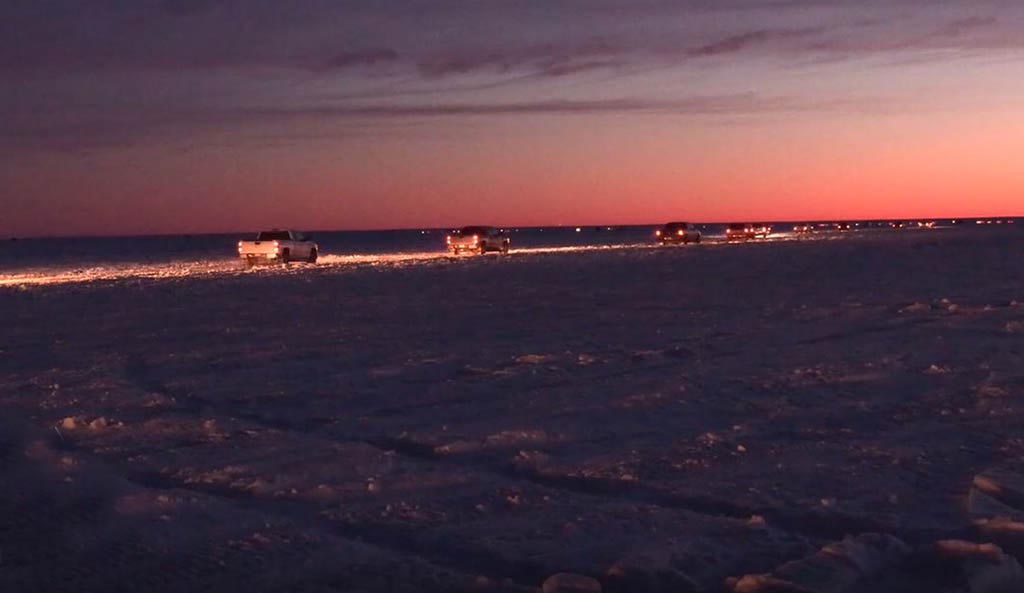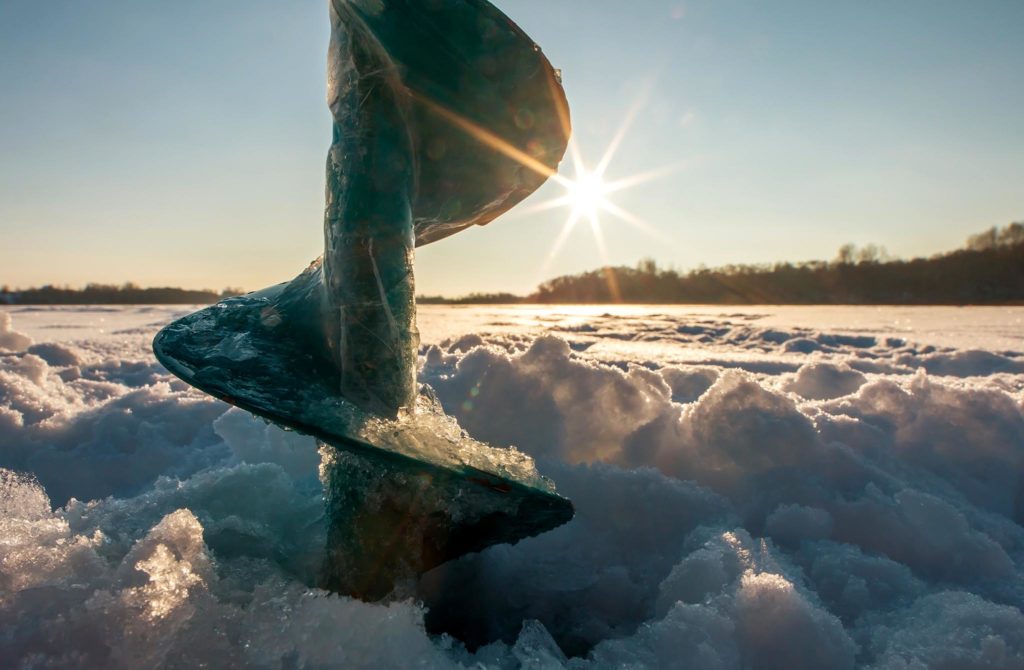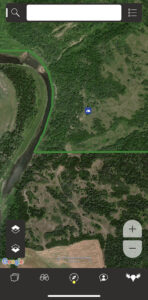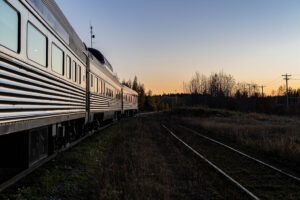By Carly Deacon, MWF Managing Director
Over the past couple years, our province has embarked on significant changes to angling regulations in Manitoba coupled with an impressive increase in recreational angling popularity. Residents and tourists flock to Lake Winnipeg, to experience one of Manitoba’s world class fisheries and contribute to over $600 million towards Manitoba’s economy. A parallel relationship exists between our fisheries economy and the science that supports its sustainability. The collection of fisheries data, combined with effective angler education are critical factors in ensuring our fisheries are used and managed sustainably. The MWF is thrilled to deliver an “Improved Fisheries Management through Angling Assessment and Education Project” on Lake Winnipeg. The project has two components – 1) To secure a recreational angling coordinator to assist with public communication around angling awareness, recruitment and provide education to anglers on Manitoba’s impending angling regulation changes; and 2) To conduct creel surveys to improve the understanding of angler use and harvest on Lake Winnipeg. This project is proudly funded by the Fish and Wildlife Enhancement Fund, a fund that recognizes the important contributions of licensed anglers, hunters, and trappers to the conservation of fish and wildlife and provides funding to organizations for fish and wildlife enhancement projects. This project fits perfectly with the funds objectives to enhance the sustainable use and management of legally harvestable fish and wildlife populations in Manitoba.
Angling Communication, Education and Awareness
At the request of the angling community, the current Government introduced a new vision for recreational angling in Manitoba aimed at simplifying the regulations, enhancing opportunities, protecting our resources with increased enforcement, and at the same time, increasing sustainability. The angling regulation changes will greatly benefit the angling community and in turn, benefit the recreational fishing industry for decades in the future. A truly a worthwhile investment. However, the changes are significant and require significant collaborations to educate anglers. Funds provided by FWEF will enable MWF to hire an Angling Coordinator who will be instrumental in delivering educational materials and implementing advanced communications to all anglers across the province. The result will be a well-informed angling community that will immediately benefit from the enhanced opportunities made possible by the regulation changes. This new position will also lead the implementation of the creel surveys, including operations and staff supervision. They will build awareness of the importance of creel surveys, educate, and seek feedback on the proposed regulations, communicate results of the creel surveys to fish clubs, government and angling groups, educate anglers on numerous angling matters such as fish handling techniques, ice fishing safety, accessibility, and angling opportunities in Manitoba.
The Importance of Creel Surveys
Sustainable management of fish stocks requires fisheries managers to have a comprehensive understanding of annual harvest pressure by all resource users. Angling license sales for Manitoba Residents are up by 35% due to COVID-19 and observations indicate that angling pressure and harvest has increased dramatically. Currently, Manitoba collects biological data on an annual basis to assess fish stocks, but our understanding of angling use and harvest could be significantly improved. The goal of fisheries management is to allow resource users (i.e. commercial, recreational, and sustenance fishers) to maximize their harvest without compromising the future sustainability of fish stocks (manage towards the maximum sustainable yield). In the absence of adequate harvest information, estimating the maximum sustainable yield is not possible, thus maintaining a sustainable fishery is not achievable.
This project’s objective is to provide an estimate of the total walleye and sauger harvest by anglers on Lake Winnipeg by conducting creel surveys. Data obtained through these creel surveys will significantly improve the understanding of harvest by recreational anglers, thus improve Manitoba’s ability to develop to calculate maximum sustainable yield. Winter creel surveys have previously been conducted on the south basin of Lake Winnipeg in 2017 and 2019. Results of the 2021/22 winter creel survey will supplement previous data, assisting in the identification of trends in angler success and provide an indication of the overall health of recreationally targeted species.
What Can Lake Winnipeg Anglers Expect for this Ice Fishing Season
A creel survey, also known as a recreational angler survey, is a tool used by fisheries managers to assess the status of fish populations in a particular waterbody. Each survey is a record of a single day’s fishing effort, providing details on what an angler caught, released and how much time was spent fishing.
Anglers are asked a series of simple questions, including but not limited to, the number of each species of fish harvested and/or released, the duration of their trip (number of hours spent angling), and the overall quality of their experience. Anglers are provided with an opportunity to comment on fisheries management decisions. Harvested fish may also be weighed, measured, sexed, and aged, providing important biological data on the fishery.
Working in partnership with the Fisheries Branch, staff from the Manitoba Wildlife Federation will be interviewing anglers at various access points around the south basin of Lake Winnipeg throughout the winter of 2021/22. Anglers will be surveyed at strategic times and strategic locations. Survey personnel will collect data from recreational anglers to capture data during peak angling activity and the data will be used to determine overall angling effort and catch per unit effort which would then be extrapolated to determine total harvest. This data will improve the estimate of overall harvest and result in improved management of this high-use fisheries. We look forward to seeing you on the ice and sharing these project results with our membership.





